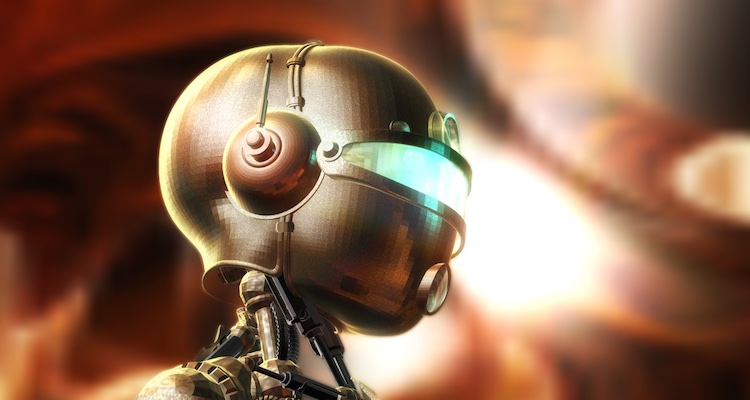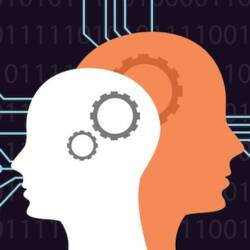Chinese Manufacturer Says Their Synthetic Companions Have ‘Souls”
Today’s AI-equipped sexbots may not be aware—but tomorrow’s could be

According to the Daily Star, the China-based adult doll manufacturer Irontech Doll reports its new, artificial intelligence-enhanced adult dolls come with something akin to a soul.
Though more likely a case of marketing hyperbole or a translation issue, the idea of synthetic companions achieving something akin to human consciousness may not be as far-fetched as you may think.
Telling stories
Quoting from a press release, the Daily Star reports that Irontech Doll describes its new products as featuring realistic heads and facial movements. The dolls can now respond to their owner’s spoken commands via a Bluetooth-enabled smartphone app, including being able to regale them with sexually alluring tales—all of which grants the dolls “emotional intelligence and soul.”
From the same release, an Irontech Doll spokesman says, “Over the course of a couple of years, we’ve perfected our doll model bodies and are now focusing on a multi-step process for developing an advanced conversational AI integrated into our silicone models.”
RECOMMENDED READ: Shape of Things to Come: The Exciting Future of Humanoid Sexbots
Originally founded in 2015, with its first models released in 2018, Irontech Doll sells several different models, some with or without high-tech functions, along with a Super Realistic Series that’s “meticulously crafted to look like a real person.”
As for outfitting them with a soul, the Daily Star explains vocal recognition is the first step, which enables the doll to “understand emotions and intentions, interact accordingly, and even mimic voices and response styles”—the latter involving the use of large language models like ChatGPT.
Irontech Doll told the Star, “It’s an ambitious project that aims to create a highly interactive and human-like experience.”
Big questions, few answers
The question of whether or not artificial intelligences may or may not achieve something resembling human consciousness, let alone spiritual concepts such as possessing a soul, is something few can agree on.
More than anything, everyone, from scientific researchers all the way to philosophers, can’t seem to agree on what sentience actually is.
Though, as this Scientific American article suggests, we may be getting closer, at least in terms of identifying its physical properties, a lot of work still needs to be done to pin down what is or isn’t conscious.
Meanwhile, over at New Scientist, Anil Seth writes, “Consciousness is, for each of us, all there is: the world, the self, everything. But consciousness is also subjective and difficult to define. The closest we have to a consensus definition is that consciousness is “something it is like to be.” There is something it is like to be me or you—but presumably there is nothing it is like to be a table or an iPhone.”
Sooner rather than later
Seth’s analogy of a table or an iPhone is surprisingly apt, as for when or if artificial intelligences might achieve consciousness is one of the biggest questions humanity may have to face.
Getting to yet another huge question: what do we do as a society when our synthetic companions go from playthings that just happen to be very good at mimicking human consciousness to being genuinely human—whatever that is?
Just as there’s a lot of debate about what makes a person a person, so too everyone seems to have an opinion about what might happen when we realize our sexbots are as aware as we are.
Not they and us but all of us—together
The most obvious change would be how we and our synthetic companions relate to each other. To say it would not be a considerable adjustment is a huge understatement, going from treating sexdolls and their ilk like disposable products to having to relate to them as equals.
Bad news, perhaps, for those of you who enjoy the company of totally subservient playmates—though nothing prevents you from doing what you do with human partners before engaging in some BDSM play, i.e., negotiating first, so you both (or all), have an equally good time.
But maybe the biggest change will be precisely that: how the advent of sentient synthetic companions may force humanity to look out at the world not with an us-and-them attitude but instead as equals, born or made.
Image Sources: Depositphotos

















